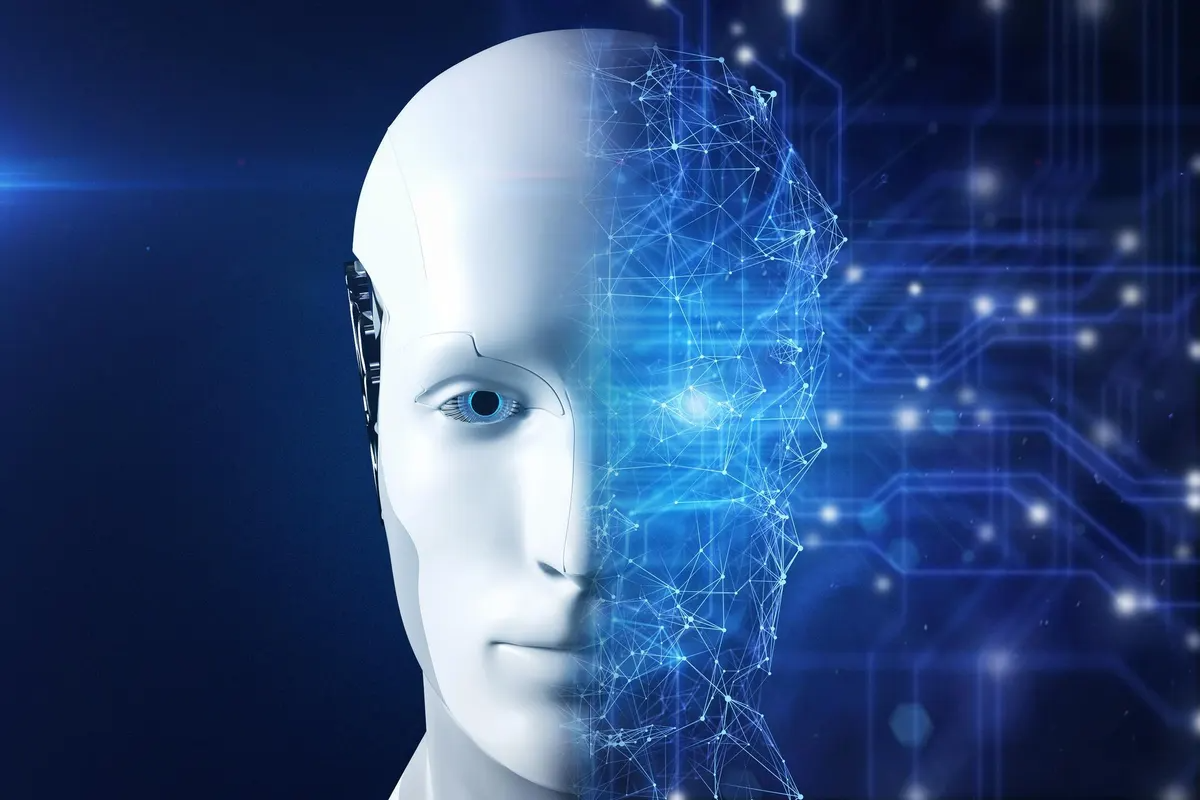In recent years, the field of artificial intelligence (AI) has seen remarkable advancements, and one area that has gained significant attention is Character AI. Character AI refers to the development of intelligent, interactive, and lifelike virtual entities or characters in various applications, such as video games, virtual reality (VR) environments, simulations, and even customer service chatbots. This article delves into the fascinating world of Character AI, exploring its key features, applications, challenges, and future prospects.
Understanding Character AI
Character AI aims to create digital characters that can mimic human-like behavior and engage with users in meaningful ways. These characters can be anything from non-player characters (NPCs) in video games to virtual assistants in online customer support. The primary goal is to make these characters appear realistic, relatable, and emotionally expressive, enhancing the user’s experience and immersion in the digital world.
Key Features of Character AI
- Natural Language Processing (NLP): Character AI relies on advanced NLP techniques to understand and generate human language. This enables characters to engage in realistic conversations with users, answer questions, and provide assistance.
- Emotional Intelligence: One of the most crucial aspects of Character AI is the ability to convey and perceive emotions. Characters can express emotions through facial expressions, gestures, and tone of voice, allowing for more authentic interactions.
- Adaptive Behavior: Character AI systems adapt to user actions and preferences, providing a personalized experience. They can learn from interactions and modify their behavior accordingly.
- Realistic Movement and Animation: To create a lifelike presence, Character AI incorporates realistic movement and animation. This includes fluid body movements, facial expressions, and even eye contact.
- Decision-Making: Characters can make decisions based on their goals, objectives, and situational awareness. This feature is especially crucial in video games, where NPCs must react dynamically to the player’s actions.
- Learning and Growth: Character AI can learn from user interactions and improve over time. This learning process can involve refining their language skills, enhancing emotional expressions, or becoming more skilled in specific tasks.
Applications of Character AI
The versatility of Character AI has led to its integration into various domains, including:
1. Video Games
Character AI plays a pivotal role in making video games more immersive and challenging. NPCs with advanced AI can provide a realistic and dynamic gaming experience by adapting to the player’s strategies and actions.
2. Virtual Reality
In VR environments, Character AI helps create realistic simulations and training scenarios. These virtual characters can act as trainers, guides, or even companions, enhancing the sense of presence and engagement.
3. Customer Service
AI-driven virtual assistants and chatbots are becoming increasingly sophisticated in providing customer support. Character AI makes these interactions more human-like and engaging, improving customer satisfaction.
4. Education
Character AI can serve as virtual tutors or mentors in educational applications. They can adapt to individual learning styles and provide personalized feedback and guidance to learners.
5. Healthcare
In healthcare simulations and therapy applications, Character AI can act as patients or therapists, aiding in diagnosis, treatment, and emotional support.
Challenges in Character AI Development
Despite its incredible potential, Character AI development faces several challenges:
1. Uncanny Valley
Striking the right balance between realism and avoiding the “uncanny valley” effect can be difficult. Overly realistic characters that still fall short of true human likeness can be unsettling to users.
2. Ethical Concerns
As Character AI becomes more sophisticated, ethical concerns arise, particularly in terms of privacy, manipulation, and consent. Developers must address these issues responsibly.
3. Data Privacy
Character AI often relies on vast datasets of human interactions and emotions. Ensuring the privacy and security of this data is paramount to avoid potential misuse.
4. Complexity
Creating advanced Character AI systems demands extensive computational resources and expertise in multiple domains, such as NLP, computer vision, and machine learning.
Future Prospects of Character AI
The future of Character AI holds tremendous promise:
1. Enhanced Realism
Character AI will continue to evolve, offering even more realistic facial expressions, gestures, and interactions. This will lead to deeper immersion in virtual environments.
2. Cross-Platform Integration
Character AI will become more accessible across different platforms, from smartphones and consoles to augmented reality (AR) and mixed reality (MR) devices.
3. Emotional Support
Character AI will play an increasing role in mental health support, providing companionship and assistance to those in need.
4. Ethical Development
Developers will prioritize ethical considerations, ensuring that Character AI systems respect user privacy and adhere to strict ethical guidelines.
In conclusion, Character AI represents a remarkable fusion of technology and creativity, enhancing our digital experiences in numerous ways. As this field continues to advance, we can expect even more captivating and emotionally intelligent virtual characters to enrich our lives, whether through entertainment, education, or everyday interactions. However, it’s essential to tread carefully, addressing ethical concerns and ensuring responsible development to maximize the positive impact of Character AI on society.




